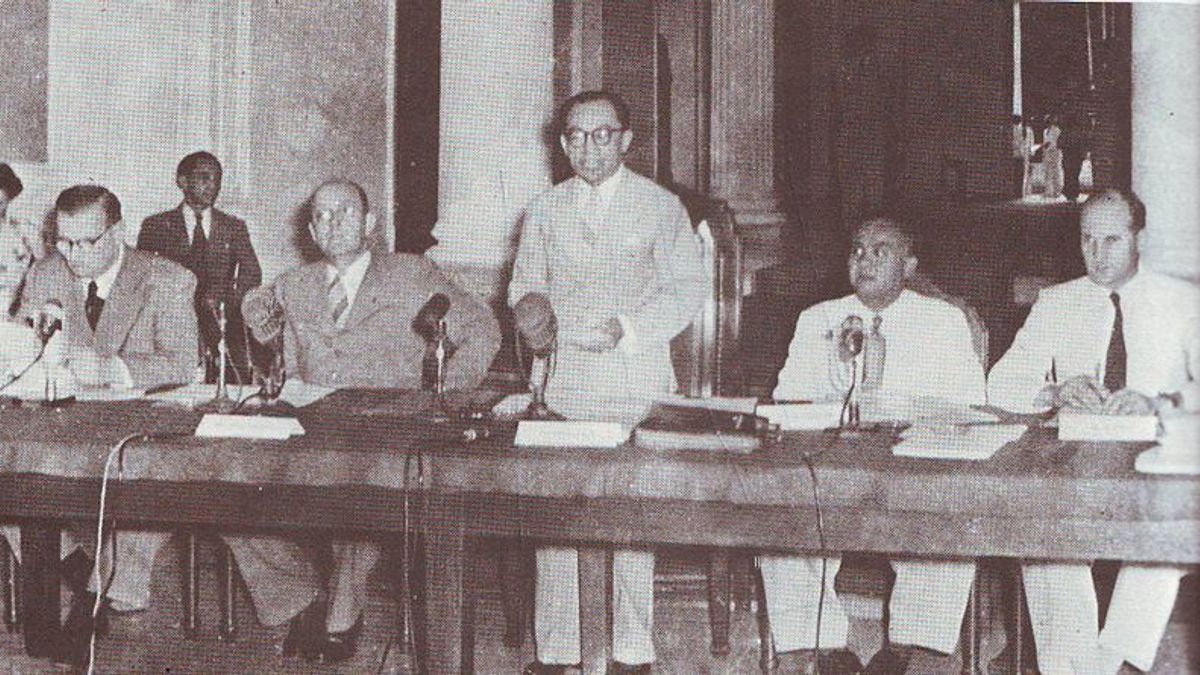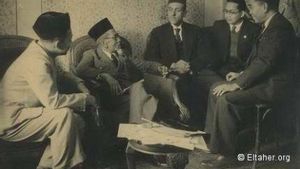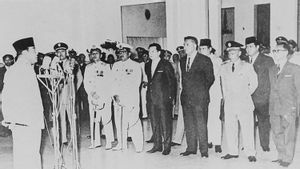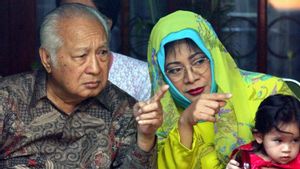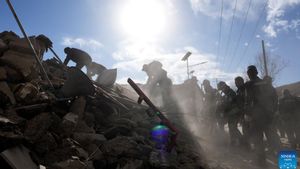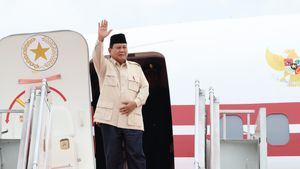JAKARTA - Today's history, 70 years ago, on March 24, 1950, the Ministerial Conference of the Indonesian-Dutch Union was held in Jakarta. The celebration was held to discuss the results of the Round Table Conference (KMB). However, Indonesia actually pressured the Netherlands to immediately withdraw from the West Irian dispute. This is because the West Irian affair is a personal and crucial matter for Indonesia. Moreover, Soekarno said that without West Irian, Nusantara would not be complete as Indonesia.
For Soekarno, the question of seizing West Irian (Papua) was a must. West Irian is considered to have a close relationship with Indonesia. Therefore, Bung Karno made every effort to get West Irian. He did not forget to reveal his agenda to seize West Irian at every opportunity. From regional to international pulpits.
All methods are used to achieve the goal of unifying Indonesia. The narrative of wanting to control West Irian appeared in the KMB on 23 August-2 November 1949 in The Hague, Netherlands. As a result, the Netherlands recognized Indonesian sovereignty. Problems arose. West Irian was not included in the negotiations, aka the island still belonged to the Dutch.

Indonesia also tried to force the Dutch to surrender West Irian through other negotiations. The peaceful path was chosen because previously Indonesia was confident in the negotiation route. Or as Bung Karno called the sweet way.
The confrontation was carried out by Indonesia. All Indonesian people, especially the workers, are impatient. Then they moved to seize Dutch companies in Indonesia. However, before that happened, Indonesia tried to invite the Dutch delegation to negotiate again. Not relying on war lanes.
“And also our experience after the Proclamation, between 1945-1950, namely our experience in the physical revolution, that with the Dutch it was not possible to reach an agreement on the basis of 'give and take.' In fact, it should have taught us that we must take another route in an effort to return West Irian to the Republic's power."
"But not. We will not immediately take the other path. The disease does not have a precise and firm conception, it is also rampant among us for many years to come regarding the issue of West Irian, as this disease has also become cancer in our minds and bodies many years after the physical revolution in other fields," said Soekarno related today's history of the struggle for West Irian in the book Panca Azimat Revolusi Jilid 1 (2014), which was compiled by Iwan Siswo.
Indonesia also held a Ministerial Conference for the Indonesian-Dutch Union at the Ministry of Foreign Affairs, Jakarta, on March 24, 1950. The celebration was a follow-up to the results of the KMB. The contents of the agreement bind Indonesia and the Netherlands to conduct further negotiations.

Indonesia as the host did not waste the negotiations. Soekarno, Bung Hatta, and other national figures attended the event. Likewise, Dutch ministers. For Indonesia, nothing was more important than asking the Netherlands to hand over West Irian. Even though Indonesia continued to be squeezed, in fact, the Dutch were stubborn. They are reluctant to give up West Irian, whatever the consequences. The attitude of the Dutch, in the end, forced Sukarno to declare the path of war.
"However, the Dutch attitude in these negotiations did not lead to the surrender of West Irian. The Netherlands rests on the principle that the transfer of sovereignty from the Kingdom of the Netherlands to the RIS through the KMB does not include the territory of West Irian. In other words, the Dutch still controlled West Irian. The Netherlands as a former colonial state is not easy to just hand over the territory it controls to other parties.”
"Moreover, as stated above when referring to the contents of the KMB document, the Netherlands is not obliged to hand over West Irian, but only has to negotiate with Indonesia. This means that legally the Dutch position is stronger than Indonesia. The contents of the KMB document state that West Irian is in a state of status quo and will be negotiated between the Netherlands and Indonesia," concluded Siswanto about today's history: Ministerial Conference of the Indonesian-Dutch Union March 24, 1950, in the Journal of Political Research entitled Diplomasi Belanda dan Indonesia dalam Sengketa Irian Barat, 1949-1950: Sebuah Kajian Historis (2016).
*Read other information about TODAY'S HISTORY or read other interesting articles from Detha Arya Tifada.
SEE ALSO:
The English, Chinese, Japanese, Arabic, and French versions are automatically generated by the AI. So there may still be inaccuracies in translating, please always see Indonesian as our main language. (system supported by DigitalSiber.id)
